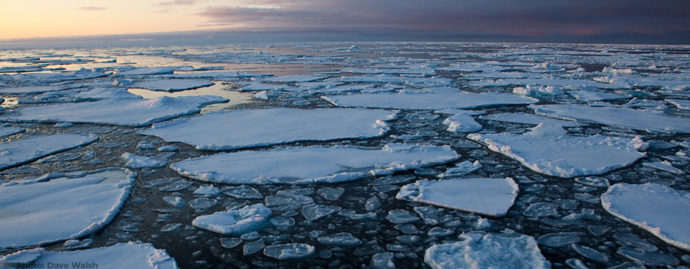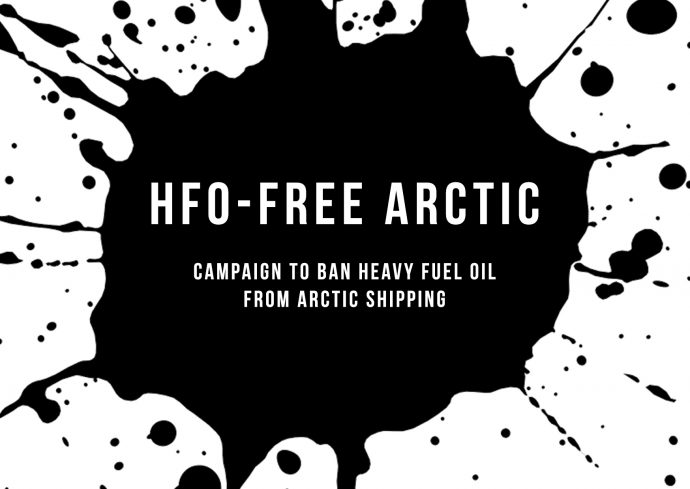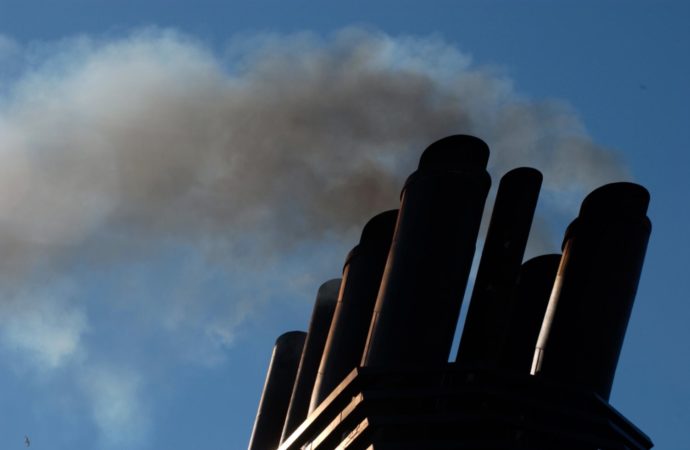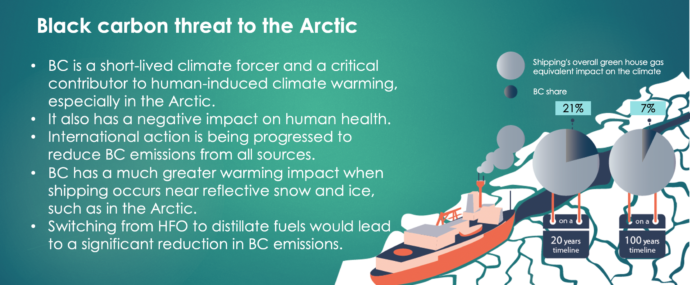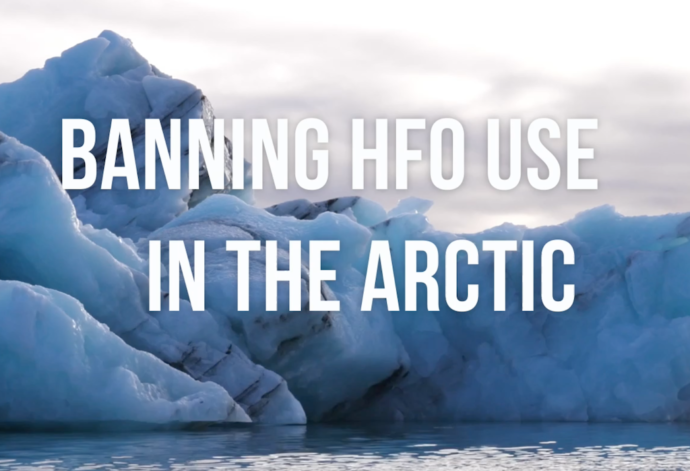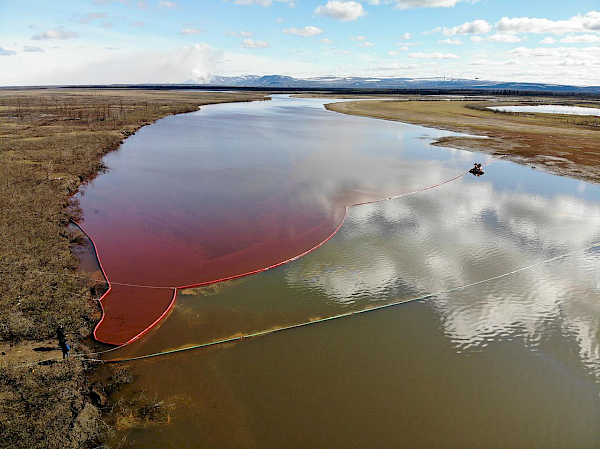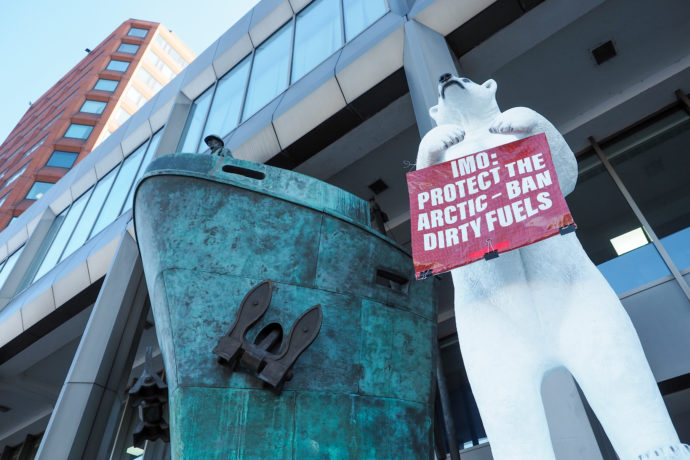Arctic Sea Ice Loss: World Leaders Must Arrest Arctic Climate Change Impacts
Reacting to news of the Arctic summer sea ice minimum reaching its second lowest extent in the 42-year satellite record on September 15, and to recent reports of a polar heatwave, Greenland ice sheet’s loss of million tonnes of ice per day, the collapse of the Spalte glacier and Milne Ice Shelf, and the Arctic’s shift to a new climate, the Clean Arctic Alliance today called on world leaders to take urgent action to slow Arctic warming

